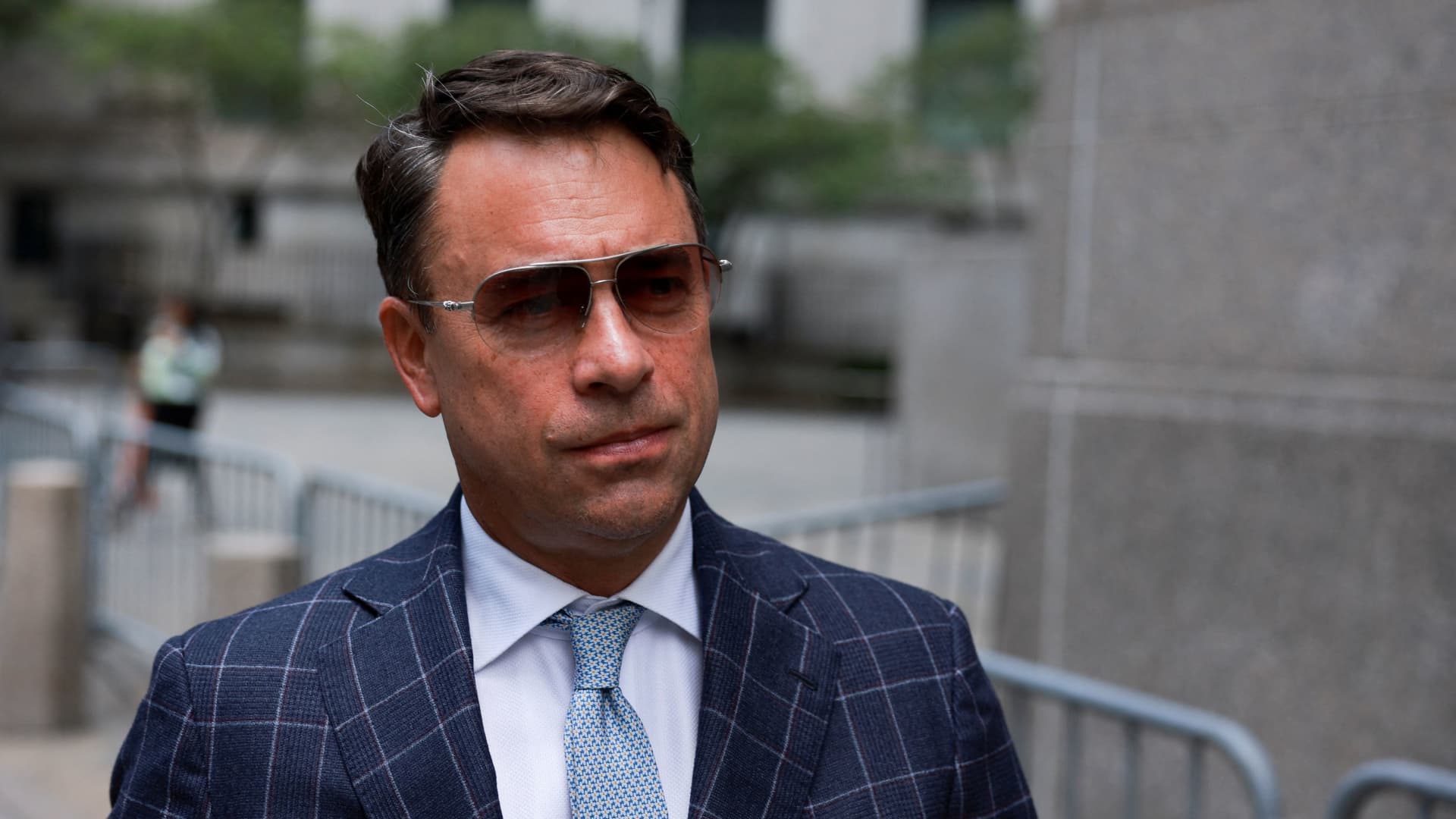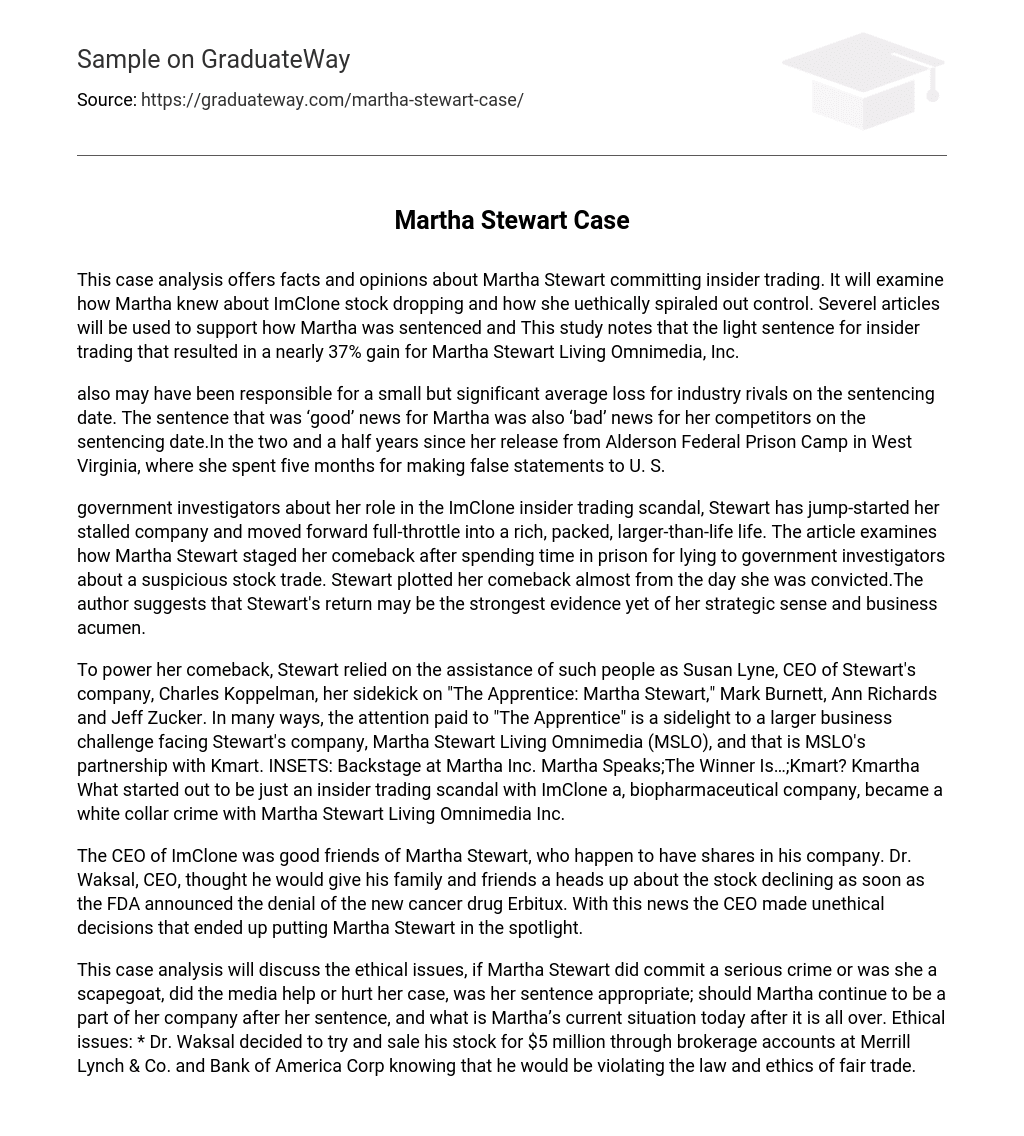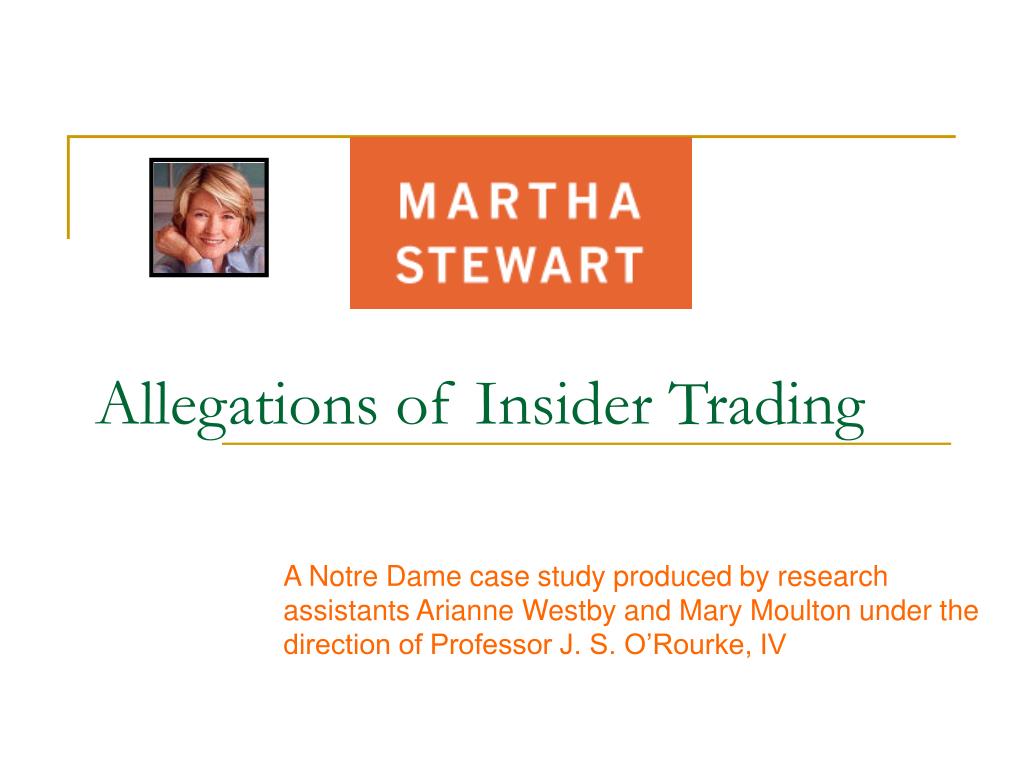Have you ever wondered about the true story behind one of the most talked-about financial cases involving a celebrity? It's almost, too, a tale that captured headlines and, in a way, reshaped how many people viewed corporate ethics. The name Martha Stewart often comes up when we discuss financial missteps, and it's for a very specific reason.
This situation, you know, really put a spotlight on the rules of the stock market and what happens when someone, perhaps, steps over the line. It wasn't just about a stock sale; it became a much bigger conversation about trust, honesty, and the consequences of actions in the financial world. The details, frankly, reveal a lot about how the system works and how individuals are held accountable.
We're going to explore the core events surrounding Martha Stewart and the ImClone stock situation. We'll look at the accusations, the legal battles, and, you know, what she said about her time in prison. It's a story that still holds many lessons for anyone interested in business or the law, or perhaps, just how public figures deal with immense pressure.
Table of Contents
- Martha Stewart: A Brief Biography
- The ImClone Stock Situation: What Happened?
- The Legal Probes and Accusations
- The Insider Trading Charges and Their Settlement
- Criminal Indictment and Conviction
- Martha Stewart's Time in Prison
- What is Insider Trading, Really?
- The Lasting Impact and Lessons Learned
- Frequently Asked Questions (FAQs)
Martha Stewart: A Brief Biography
Martha Stewart, as a matter of fact, is a very familiar name to most people. She is a famous American businesswoman, a television personality, and the founder of Martha Stewart Living Omnimedia. For a long time, she was known as the ultimate homemaking guru, basically a symbol of domestic perfection and successful entrepreneurship. Her influence, you know, really spread across cookbooks, magazines, and television shows, making her a household figure.
Her career trajectory was, in a way, quite remarkable, building an empire that celebrated home, garden, and lifestyle. This background, you see, made her involvement in a stock market scandal all the more surprising to the public. It's like, her image was so polished, and then this financial issue came to light, which was quite a shift for many who followed her work.
Personal Details and Bio Data
| Full Name | Martha Helen Stewart |
| Known For | Businesswoman, TV Personality, Founder of Martha Stewart Living Omnimedia, Homemaking Guru |
| Notable Event | Involved in a stock market scandal in 2001 |
| Legal Outcome | Found guilty of obstruction of justice and lying to investigators; served prison time |
The ImClone Stock Situation: What Happened?
The core of the issue, you know, started with ImClone Systems. Martha Stewart was accused of insider trading after she sold four thousand ImClone shares. This sale happened just one day before that firm’s stock price plummeted, which is, obviously, a very critical detail in the whole situation. It seemed, apparently, like a very well-timed sale, which raised a lot of questions from the start.
If Stewart had not sold those shares when she did, she would have lost a significant amount of money. The information suggests that if she had sold at the price at which ImClone stock opened on December 31, 2001, Stewart would have lost $51,222. So, this sale, basically, helped her avoid significant trading losses, which is why it drew so much attention from the authorities.
The Securities and Exchange Commission (SEC) and the U.S. Attorney’s office, you know, began to look into this trading activity. Their probes into the trading in ImClone Systems shares were what really kicked off this widely publicized criminal case. It was a situation that, in some respects, really highlighted the scrutiny placed on stock market transactions, especially when they involve prominent individuals.
The Legal Probes and Accusations
The investigation into Martha Stewart's ImClone stock sale was quite thorough, to be honest. The Securities and Exchange Commission (SEC) and the U.S. Attorney’s office both looked into the matter. Their joint probe into the trading in the shares of ImClone Systems was what led to this very public criminal case. It was a big deal, you know, because it involved someone so well-known.
Martha Stewart was accused of insider trading on the stock market. The core allegation was that she used privileged information for personal gain. This accusation, obviously, is very serious in the financial world. The idea is that some people might have access to information that the general public doesn't, and using that information to make money or avoid losses is seen as unfair and illegal.
Her broker, Peter Bacanovic, was also involved in the accusations. The SEC, in fact, reached an agreement to settle insider trading charges against both Martha Stewart and Peter Bacanovic. This settlement, you know, was a key part of the early legal proceedings, but it wasn't the end of the story for Martha Stewart.
The Insider Trading Charges and Their Settlement
The insider trading charges that came from the SEC were later settled, which is an important point to remember. This means that Martha Stewart and the SEC came to an agreement outside of a full trial for those specific charges. It's like, they found a way to resolve that part of the legal situation without going through a prolonged court battle, at least for the SEC's claims.
However, this settlement didn't mean all her legal troubles were over. Stewart, you know, was separately indicted by the U.S. Attorney’s office for the Southern District of New York. This means that even though the SEC charges were handled, the U.S. Attorney's office had their own separate set of accusations, which were criminal in nature. So, there were two different legal paths happening at the same time, basically.
The distinction here is pretty important: the SEC deals with civil violations of securities law, while the U.S. Attorney’s office handles criminal offenses. So, while one set of charges was settled, the other, more serious, criminal charges were still very much active. This is, you know, a key aspect of how the legal system often works in these kinds of financial cases.
Criminal Indictment and Conviction
Even though the charges of securities fraud were thrown out, Stewart was still found guilty on four counts. These counts were for obstruction of justice and lying to investigators. This is a very crucial detail, because it explains why she ultimately went to jail. It wasn't, you know, directly for the insider trading itself, but for how she handled the investigation.
The U.S. Attorney’s office, as a matter of fact, pursued these charges vigorously. The criminal case resulted in prison terms for those involved, and Martha Stewart was among them. Her conviction on these specific counts showed that the legal system takes very seriously any attempts to mislead or hinder an official investigation. It's like, the cover-up, in a way, became more impactful than the initial alleged action.
This outcome, you know, really highlighted the importance of cooperating truthfully with authorities. It showed that even if the original accusation might be difficult to prove, lying during the investigation can lead to very real and severe consequences. This is a lesson that, perhaps, many people took away from her very public legal battle.
Martha Stewart's Time in Prison
Martha Stewart's eventual jail sentence was, you know, very big news at the time. She spent five months in prison. This period was a significant part of her story and, obviously, a very different chapter from her life as a homemaking guru. It was a consequence that, basically, everyone knew about, making her case even more memorable in the public mind.
She has spoken about her insider trading scandal and the time she spent in prison. Her experience, you know, offered a unique perspective on the consequences of her actions and the realities of the justice system. For someone so accustomed to a certain lifestyle, this was, in a way, a very stark change, and it was widely reported on by various media outlets.
Interestingly, a rumor circulated online in April 2025, claiming that Martha Stewart compared her crimes to allegations of President Donald Trump's administration engaging in insider trading. This shows that, you know, her case still pops up in discussions about financial ethics and public figures, even years later. It's like, her story continues to be a point of reference for such conversations.
What is Insider Trading, Really?
Insider trading, in simple terms, is about using secret information to make money in the stock market. The SEC defines illegal insider trading as "buying or selling a security, in breach of a fiduciary duty or other relationship of trust and confidence, while in possession of material, nonpublic information about the security." So, it's about having an unfair advantage, basically.
Imagine, for example, that you know a company is about to announce some really bad news, and you sell your shares before that news becomes public. That would be insider trading because you used information that wasn't available to everyone else. It's considered illegal because it undermines fairness and trust in the financial markets. The idea is that everyone should have access to the same information when making investment decisions.
This kind of activity is, obviously, taken very seriously by financial regulators and law enforcement agencies. They work to explore famous insider trading cases and learn about the individuals involved, the fines imposed, and the consequences they faced. The goal is to keep the stock market a level playing field for all investors, which is, you know, pretty important for its integrity. Learn more about stock market regulations on our site.
The Lasting Impact and Lessons Learned
The Martha Stewart insider trading scandal, and her eventual jail sentence, was, you know, a very significant event. It served as a powerful reminder that even very famous and successful individuals are not above the law. The case really emphasized the importance of integrity, not just in business dealings, but also when interacting with legal authorities. It's like, the consequences can be severe, regardless of one's public standing.
The situation also brought a lot of public attention to the concept of insider trading itself. Many people, perhaps, learned about what it meant and why it was illegal because of this high-profile case. It helped educate the public, in a way, about the rules and ethics of the stock market. The fact that she avoided a substantial loss, as seen with the $51,222 figure, really underscored the financial motivation behind such actions.
Even today, her story is often referenced when discussing corporate governance and the behavior of public figures. It's a case that, you know, continues to be studied in business schools and law schools as an example of how actions, and reactions to investigations, can lead to serious legal outcomes. You can find more details on this page famous legal cases in business. The focus, ultimately, shifted from the initial stock sale to the obstruction of justice, which is a very important distinction for anyone looking at the legal aspects.
Frequently Asked Questions (FAQs)
Why did Martha Stewart really go to jail?
Martha Stewart went to jail not for insider trading itself, but because she was found guilty on four counts of obstruction of justice and lying to investigators. The charges of securities fraud were, in fact, thrown out. Her conviction stemmed from how she handled the official probe into her ImClone stock sale, which is, you know, a very key point to remember.
What was the ImClone stock scandal about?
The ImClone stock scandal centered on Martha Stewart selling four thousand shares of ImClone Systems stock just one day before its price dropped significantly. This sale allowed her to avoid a loss of over $51,000. The Securities and Exchange Commission and the U.S. Attorney's office investigated whether she acted on non-public information, which is, basically, what started the whole situation.
What is insider trading, and why is it illegal?
Insider trading refers to buying or selling a security while having secret, important information that isn't available to the general public. It's illegal because it's considered unfair and undermines trust in the stock market. It gives an unfair advantage to those with inside knowledge, which, you know, goes against the principle of a level playing field for all investors. You can read more about it on a reputable financial news site.



